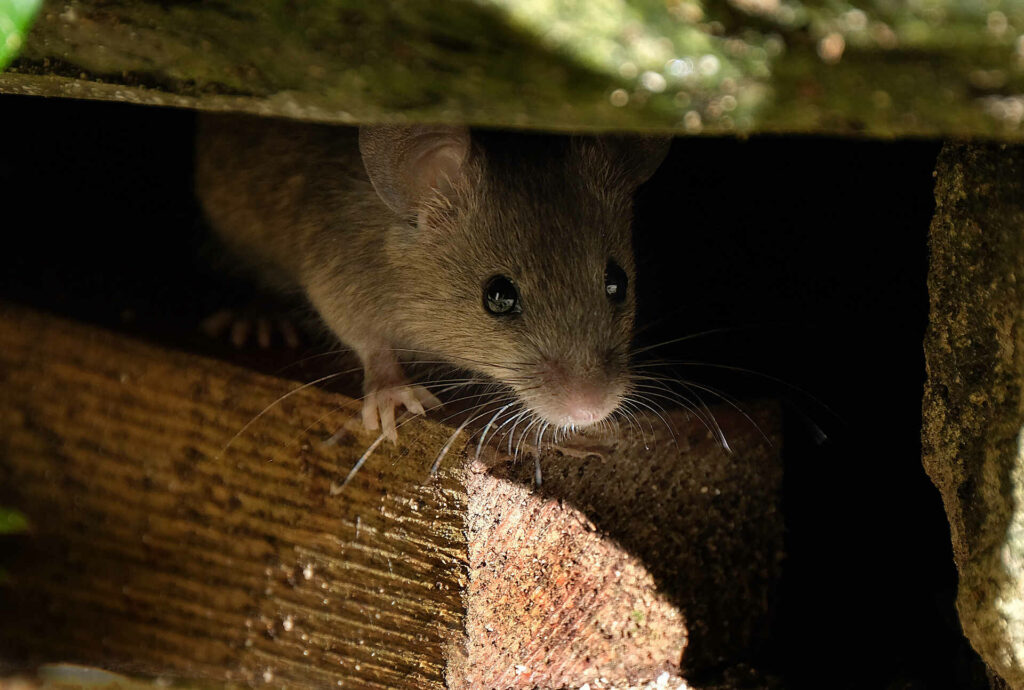Nobody likes cockroaches. Not only can they carry diseases and often live in dirty places, but cockroaches are the source of one of the most common indoor allergens in the world. The National Pest Management Association reports that 63% of homes in the United States contain cockroach allergens (this number rises between 78% and 97% in urban areas). This may not necessarily mean that cockroaches are living inside your home at that very moment, but it could mean it contains particles from cockroaches that can cause allergies.
Why Are People Allergic to Cockroaches?
The part of the cockroach that sheds (including the saliva, feces, eggs, or certain parts of the body) can trigger both asthma and allergies. When roaches are running around your home, they leave these sheddings behind. These particles act like dust mites and spark your allergy symptoms when they are kicked up in the air.
This can also be dangerous because cockroaches can carry diseases like Salmonella. Plus, children are even more at risk because of their developing immune systems. As you might imagine, heavier cockroach infestations cause more intense allergy symptoms. Most who are affected genetically produce more allergic reactions when exposed to certain environments (also known as atopy).
Allergens from cockroaches can often trigger asthma attacks (symptoms of these include shortness of breath, wheezing, cough, and chest tightness). Bad attacks can be fatal if left untreated.
Cockroach Allergy Symptoms
In addition to the asthma-related symptoms, there are even more that a cockroach allergy can cause. These include chronic stuffy nose, sneezing, a postnasal drip, itchy eyes, sensitivity to light, sinus and ear infections, decreased sense of taste and smell, wheezing, chronic coughing, and a skin rash. German Cockroaches have been known to give off significant allergens.
If you’re suspicious there are cockroaches living in your home and you’ve shown signs of cockroach allergy symptoms, perform a full investigation! You might also consider hiring a professional to search as they know exactly where to look and what to look for to find infestations.
Treating a Cockroach Allergy
For cockroach treatments, the only way to fix the problem is to eliminate the insects in your home immediately with cockroach extermination. Sometimes, homeowners don’t even realize there are cockroaches in their homes and brush their allergies off as something else. If you’re in the process of getting rid of the cockroaches and still experience allergy symptoms, here are a few tips to try and shake them off.
Seal Food Securely
Even if you haven’t completely eliminated the cockroaches, your allergies can be tamed by simply reducing your contact with the cockroaches. For one, make sure to tightly seal all food containers. If they don’t have access to food, they will go find somewhere else to spend their time.
Keep Your Home Clean
Although cockroaches can live in clean spaces, it makes it more difficult when you keep it clean. Make sure to clean up all spills immediately, perform a deep clean of the kitchen as well as other areas of the house, vacuum regularly, mop often, and take out the trash daily. Also, make sure to keep a tight lid on your trash can. While cleaning, also try to reduce any cluttered areas to eliminate cockroach hiding spots.
Eliminate Damp Spaces
Cockroaches and other bugs like to live in damp areas, so getting rid of these helps reduce the likelihood of them enjoying your home. For one, you can use a dehumidifier to reduce moisture in the room. You should also check all pipes for leaks.
Wash Clothes & Bedding Regularly
Remains are often found in the bed or on clothes that aren’t hung up. Make sure to wash all your items in hot water as often as possible to get rid of any eggs and other particles.
Medicine
There are some over-the-counter medicines that can help reduce your cockroach allergy symptoms. These including antihistamines, nasal corticosteroid sprays, or even prescription allergy or asthma medication if you have bad symptoms. Allergy shots may also help, but you will need to see the doctor for more professional treatments like this.
Considering the broad impacts of roach infestations, many homeowners wonder about the specific risks associated with different varieties, such as the wood roach in Michigan. Although less notorious than their cousins, wood roaches can still contribute to asthma and allergy symptoms. It’s important to identify the species involved in any infestation to tailor the most effective control strategies.
Moreover, it’s not uncommon for individuals to be allergic to cockroaches. Understanding the extent of cockroach allergy and its prevalence helps in addressing the health implications more effectively. While studies indicate it’s quite common, the severity can vary significantly from person to person. If you suspect a cockroach allergy, consulting a healthcare provider for diagnosis and management is crucial.
How Do You Get Rid of Cockroaches?
Professional extermination is the only certain way to get rid of cockroaches. Although there are DIY methods you can try, these often don’t work. Plus, some types can be dangerous to try on your own. Aptive Environmental offers services for the most common roaches (including German Cockroach extermination, American Cockroach extermination, Brown Banded Cockroach extermination, and others). You’ll have peace of mind with our treatments – if the bugs we exterminate come back, we will too (at no additional cost)!








